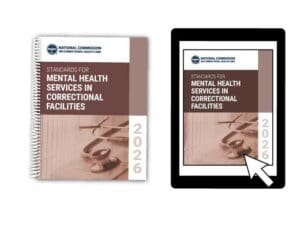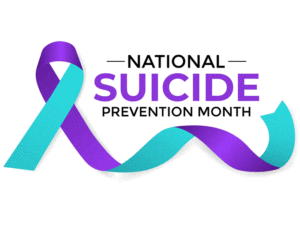Latest Correctional Health Care News from NCCHC Resources

Technology in Jails: A Strategic Advantage for Custody Leaders
By Richard Forbus, MBA-HCM, CCHP-A If you’re leading a jail today, you already know the reality. The population in our facilities is more medically and behaviorally complex than it was

When Crisis Hits: Why CIT Is Transforming Jail Response
Correctional staff are the eyes and ears of day-to-day jail operations. They are often the first to notice subtle behavior changes, early signs of mental health decompensation, or the emergence

We Don’t Control Who Comes Through the Door—But We Own the Risk
This topic gets me fired up. I often hear people say, “Jail is not a place for the mentally ill.” That statement is 100% true—but it misses the real issue.

Stronger Together: Collaboration Reduces Adverse Events in Jails
Adverse events in correctional settings—suicide attempts, medical crises, delayed responses, preventable deaths—rarely stem from a single failure. More often, they arise from gaps between teams: unclear communication, mismatched priorities, or

NCCHC Resources Announces Board of Directors for 2026
The NCCHC Resources Board of Directors for 2026 is: Joseph Penn, MD, CCHP-MH, Chair and Treasurer James Martin, MPSA, CCHP, Secretary Jeffrey Alvarez, MD, CCHP-CP, CCHP-A Oscar Aviles, CJM, CCE,

Rethinking Success in Corrections: Beyond Recidivism
For decades, correctional systems have gauged success through recidivism rates—but what if that measure tells only part of the story? A report from the Correctional Leaders Association (CLA), led by

Reduce Risk & Improve Outcomes: New 2026 Mental Health Standards
NCCHC has released the 2026 edition of the Standards for Mental Health Services in Correctional Facilities—an important update that strengthens requirements for documentation, accountability, and best practices in correctional mental

Suicide Prevention: Taking Care of Correctional Health and Custody Professionals
As Suicide Prevention Month comes to a close, it’s important that we continue to keep the health and wellbeing of our friends, families, coworkers, and ourselves in mind. All too
